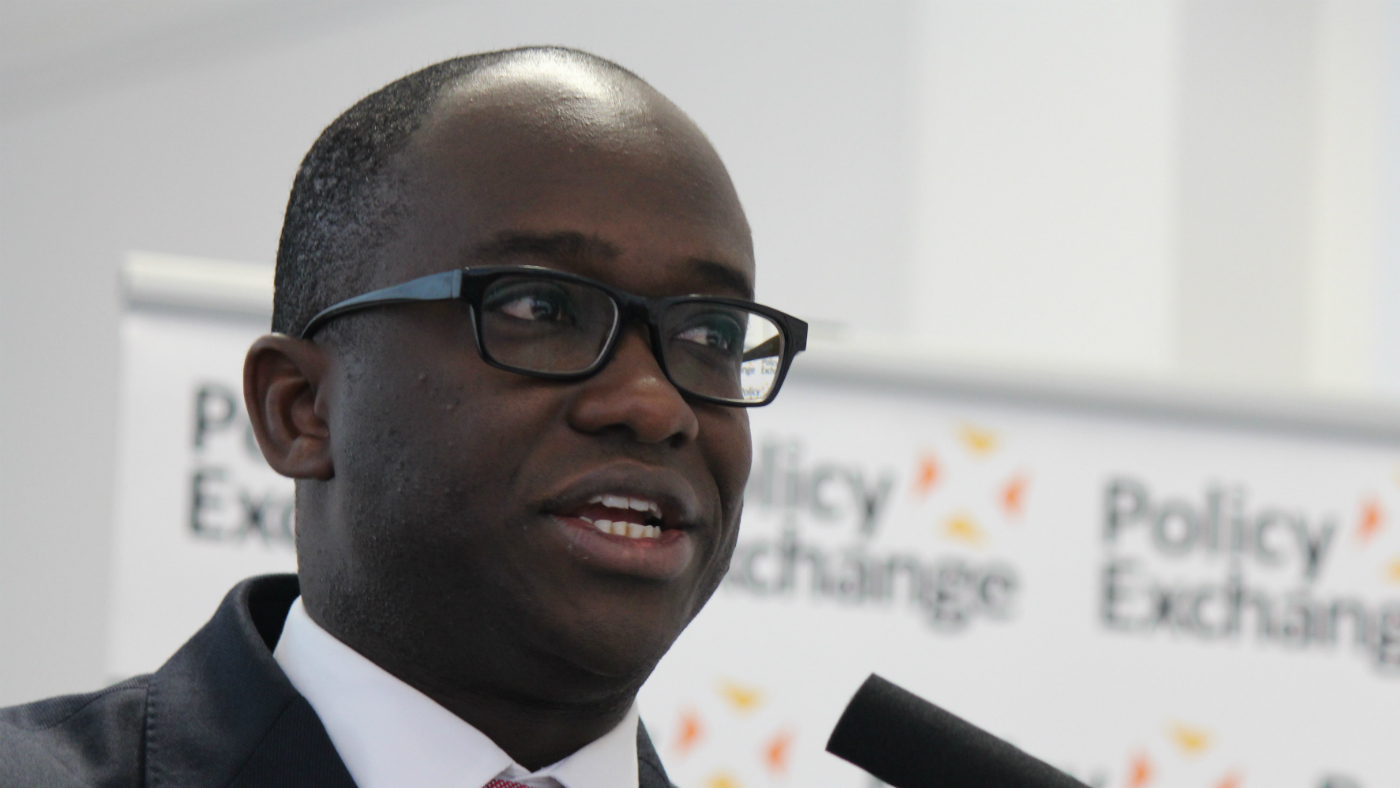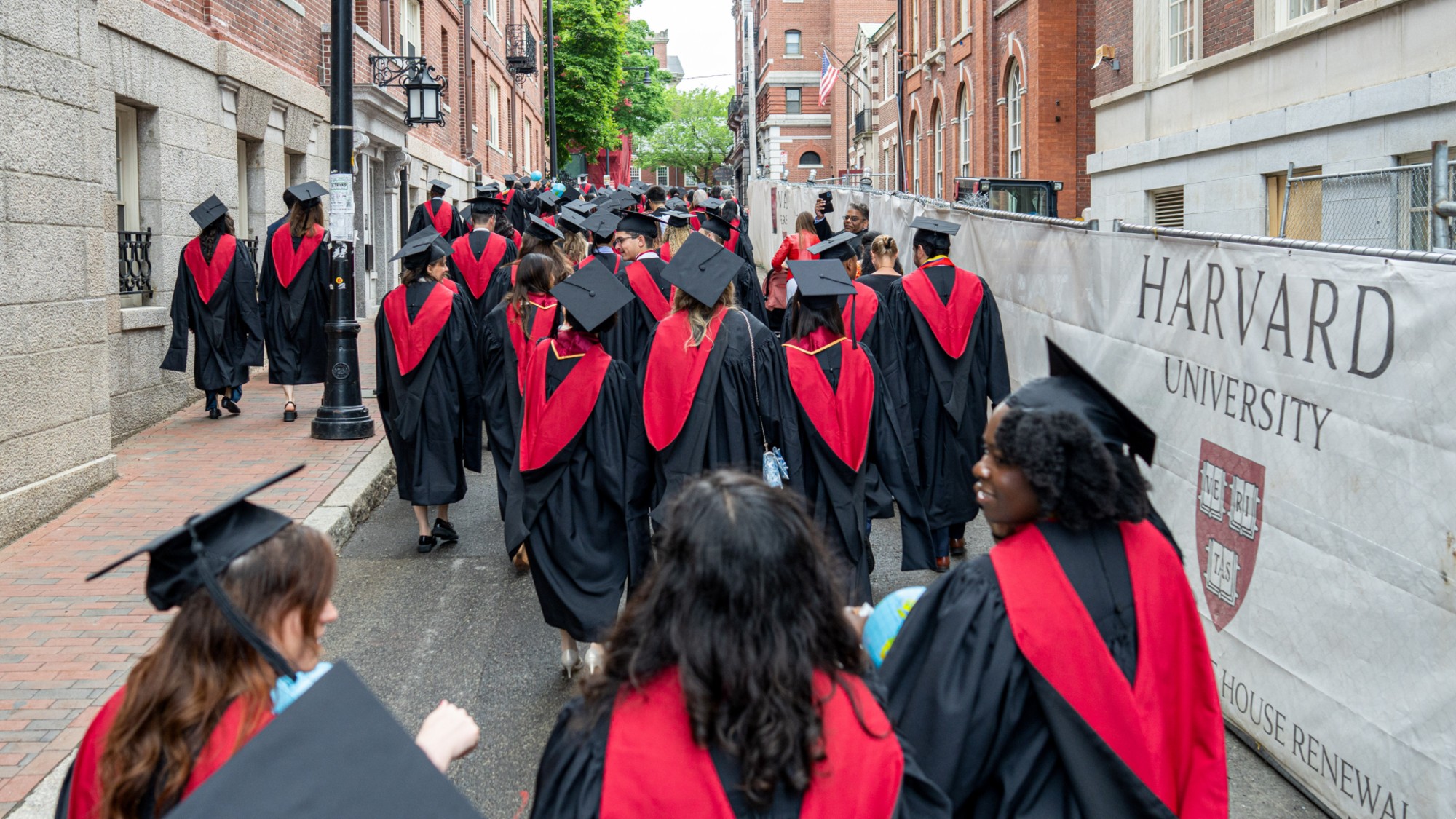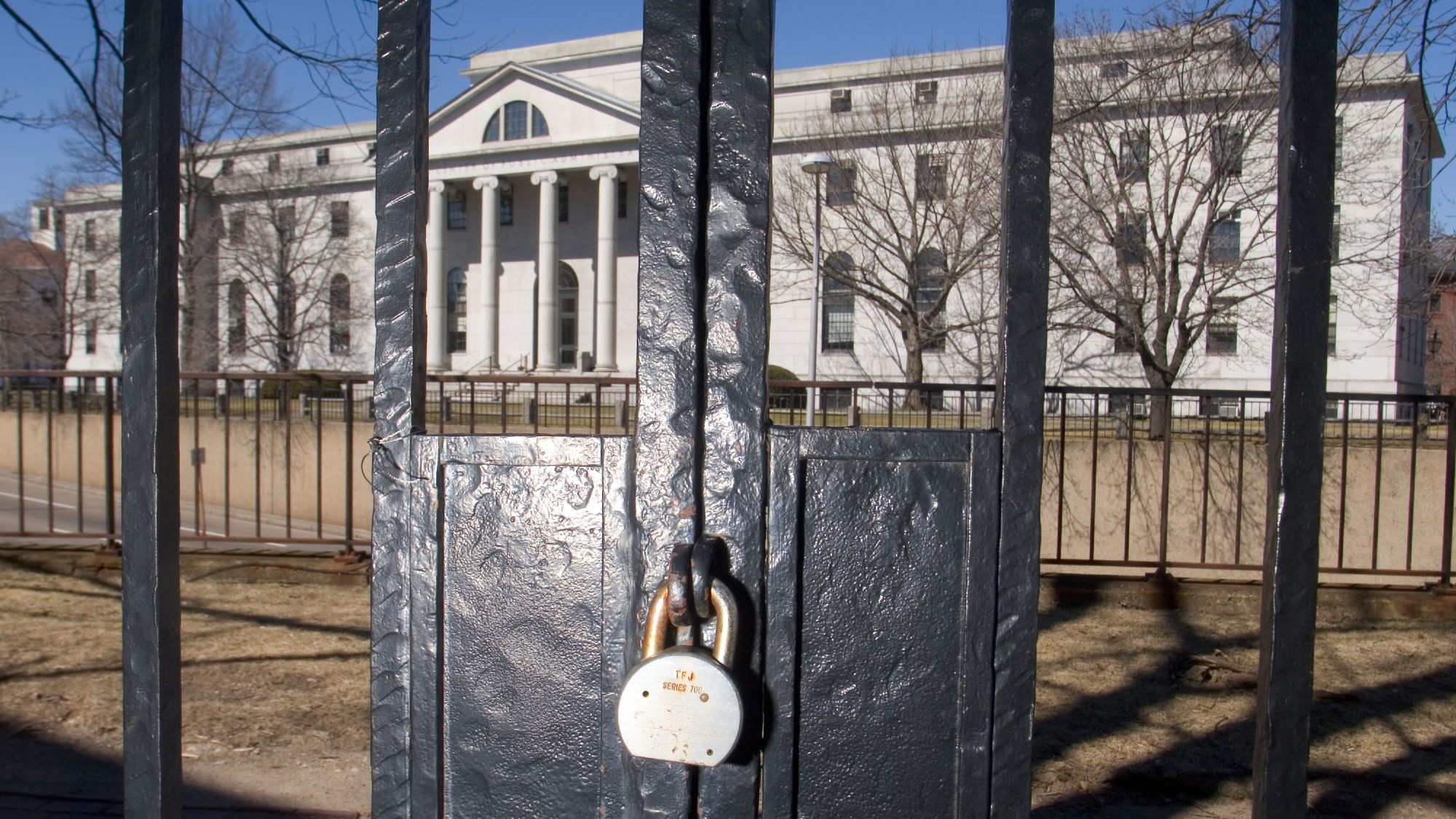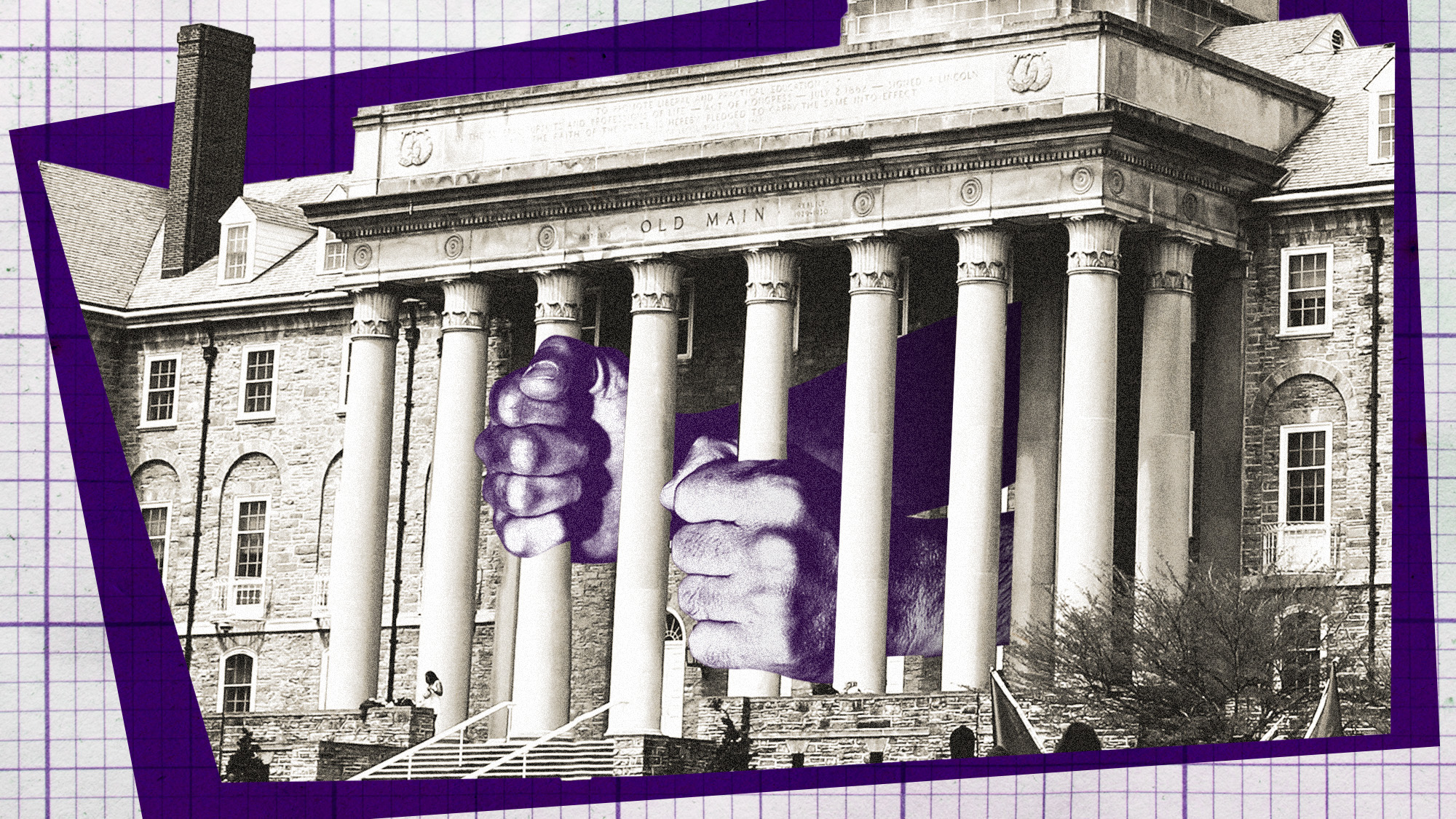Universities Minister to ban students from censoring contentious speakers
Sam Gyimah says attempts to silence debate at universities are ‘chilling’

A free daily email with the biggest news stories of the day – and the best features from TheWeek.com
You are now subscribed
Your newsletter sign-up was successful
University students are to be banned from “no-platforming” speakers, in the first government intervention on campus free speech in 30 years.
Universities Minister Sam Gyimah is announcing his “tough guidance” on the issue at a free-speech summit that he is chairing today in London, reports The Times.
Under his proposals, the Department for Education will set out new guidelines on free speech on UK campuses; the first government intervention on the issue since the free speech duty was imposed on universities as part of the Education Act in 1986, says the newspaper.
The Week
Escape your echo chamber. Get the facts behind the news, plus analysis from multiple perspectives.

Sign up for The Week's Free Newsletters
From our morning news briefing to a weekly Good News Newsletter, get the best of The Week delivered directly to your inbox.
From our morning news briefing to a weekly Good News Newsletter, get the best of The Week delivered directly to your inbox.
The new guidance will state that all speech must be welcome at universities, as long as it does not violate existing laws – for example, on encouraging terrorism. Any institution in breach of the rules may be “named, shamed or even fined” by the new Office for Students (OfS) regulator, which also has the power to deregister universities, the Daily Mail reports.
“A society in which people feel they have a legitimate right to stop someone expressing their views on campus simply because they are unfashionable or unpopular is rather chilling,” Gyimah is expected to say. “There is a risk that overzealous interpretation of a dizzying variety of rules is acting as a brake on legal free speech on campus.”
The Times cites a recent investigation by MPs which found that “campaigners against abortion, Christian groups and secularists were among those who felt that it was hard to get a hearing at universities”. Feminists who oppose transgender self-identification have been met with similar resistance.
Political figures have also been subject to censorship at universities. In February, pro-Brexit Conservative MP Jacob Rees-Mogg was caught in the middle of a fight on Bristol University campus when protesters disrupted a student event at which he was speaking.
A free daily email with the biggest news stories of the day – and the best features from TheWeek.com
The new proposals were criticised by Labour’s shadow universities minister, Gordon Marsden, who said that Gyimah was trying to “micromanage free speech issues”. Marsden added that any discussions about regulation should be conducted in the open, rather than at private meetings inside the Department for Education, The Guardian reports.
“This announcement is simply another piece of meaningless posturing from the Government, while it has nothing practical to offer students dealing with record levels of debt,” Marsden said.
The Department for Education said today’s summit involves a wide range of influential organisations, including the Charity Commission, Universities UK and the Equality and Human Rights Commission.
-
 The environmental cost of GLP-1s
The environmental cost of GLP-1sThe explainer Producing the drugs is a dirty process
-
 Greenland’s capital becomes ground zero for the country’s diplomatic straits
Greenland’s capital becomes ground zero for the country’s diplomatic straitsIN THE SPOTLIGHT A flurry of new consular activity in Nuuk shows how important Greenland has become to Europeans’ anxiety about American imperialism
-
 ‘This is something that happens all too often’
‘This is something that happens all too often’Instant Opinion Opinion, comment and editorials of the day
-
 American universities are losing ground to their foreign counterparts
American universities are losing ground to their foreign counterpartsThe Explainer While Harvard is still near the top, other colleges have slipped
-
 Where will international students go if not the US?
Where will international students go if not the US?Talking Points China, Canada and the UK are ready to educate the world
-
 Colleges are canceling affinity graduations amid DEI attacks but students are pressing on
Colleges are canceling affinity graduations amid DEI attacks but students are pressing onIn the Spotlight The commencement at Harvard University was in the news, but other colleges are also taking action
-
 Can Trump ban overseas students from US universities?
Can Trump ban overseas students from US universities?Today's Big Question President's decision to revoke Harvard's access to database for admitting international students 'drastically escalates' the dispute
-
 America's academic brain drain has begun
America's academic brain drain has begunIN THE SPOTLIGHT As the Trump administration targets universities and teachers, educators are eying greener academic pastures elsewhere — and other nations are starting to take notice
-
 Is academic freedom in peril?
Is academic freedom in peril?Today's Big Question Faculty punishments are on the rise
-
 Anti-Israel protests impact a Jewish-rooted university
Anti-Israel protests impact a Jewish-rooted universityThe Explainer The president of Brandeis University resigned as a result of multiple factors, including his handling of recent protests
-
 Why are so many colleges closing?
Why are so many colleges closing?Today's Big Question 'Enrollment cliffs' and higher tuition both play a role